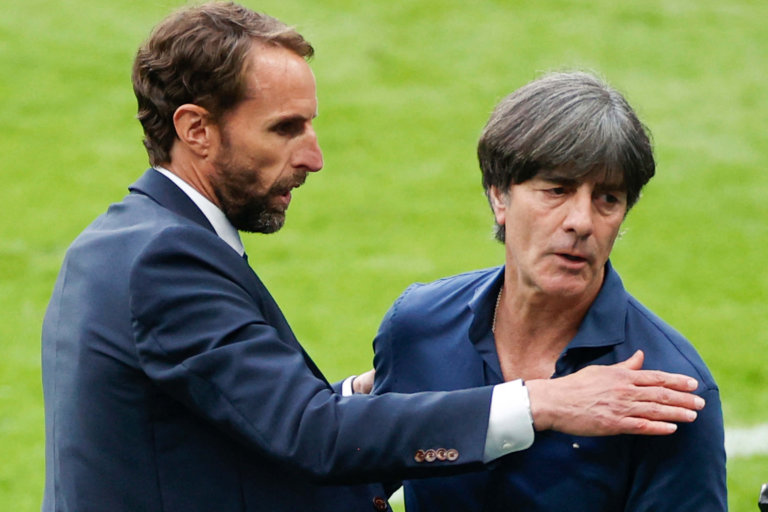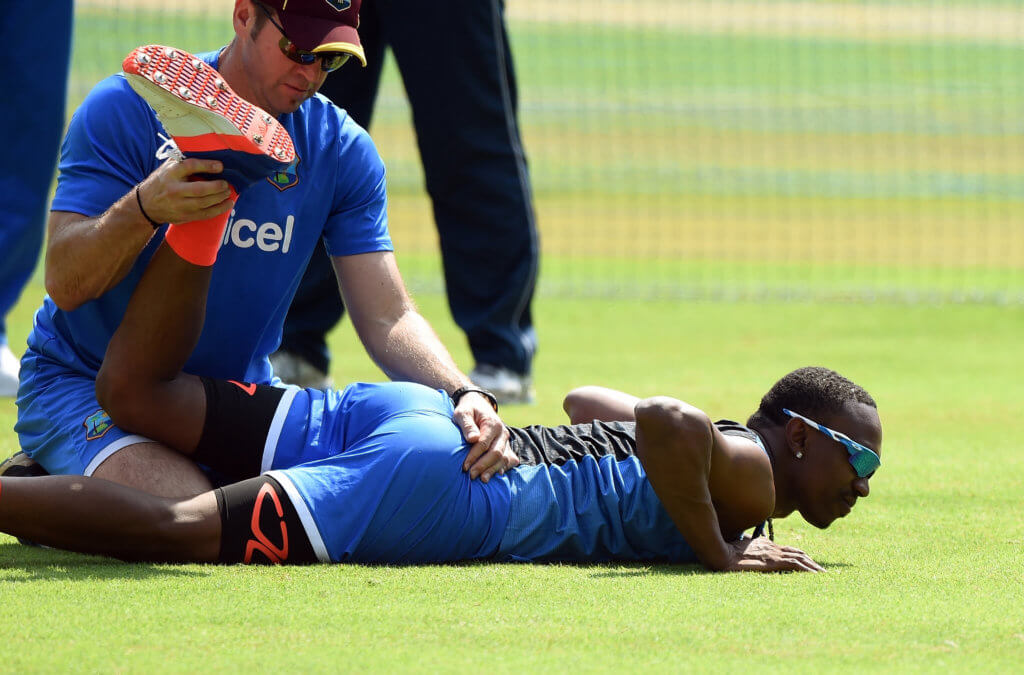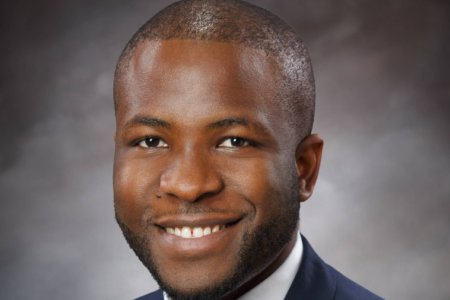
What do Pele, the Brazilian soccer legend, and Serena Williams, the tennis champion, have in common? Behind them is a team of experts with sports degrees. This programme covers advanced modules such as biomechanics; anatomy and physiology; motor learning and control; psychology of sport; exercise and health; and so on, in addition to a fundamental introduction of the topic. Sport and exercise scientists may create, monitor, and analyse training programmes to assist athletes and coaches reach their greatest potential by studying how humans operate.
This field offers a wide range of work opportunities, from hands-on fitness training to administration and management. You can choose to study through vocational and academic routes, either through an apprenticeship or on more traditional higher education courses.

Many European universities offer English-taught sport degrees at the undergraduate and master’s level. Source: Punit Paranjpe/AF
Europe is the home of modern sport. There is no better place to study sport than here, where specialist courses are available in all fields and there is a national passion for sports. Sports Science is a relatively new academic discipline, yet it is well-regarded and well-funded here. Every day, new technological and medical breakthroughs are made.
Sports degrees for various levels and specialisations
Universities and colleges in Europe offer diplomas, foundation degrees, higher education diplomas, honours degrees, and postgraduate and professional qualifications in sports including the following: Activity Leadership; Sports Administration and Governance; Sports Coaching; Leisure Operations and Management; Physiotherapy; Spectator Safety; Sport and Exercise Science; Sports Journalism; Sports Performance; and Sports Photography.
Many European universities and other higher education institutes offer English-taught programmes in this subject at both undergraduate and master’s level. In Germany, the University of Konstanz has an MA in Sports Sciences. The Norwegian University of Science and Technology (NTNU) in Trondheim, Norway offers a two-year English-taught MSc degree in Exercise Physiology, with no tuition fees – although international students have to prove that they can cover living costs before they can obtain a student visa for Norway.

From Norway to Germany, these countries offer various types of sports degrees. Source: Darko Bandic/AFP
Students looking at studying in the UK can opt for the MSc in Sports Medicine, Exercise and Health – University College London; MSc in Performance Psychology – University of Edinburgh; MSc in Human and Applied Physiology – King’s College London; MSc in Sports and Exercise Science and Medicine – University of Glasgow; MSc in Sports and Exercise Medicine – University of Nottingham; and MSc in Sports and Exercise Medicine – Queen Mary University of London.










